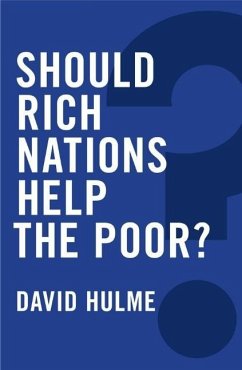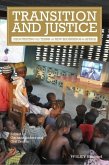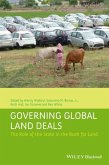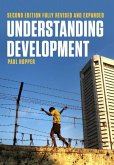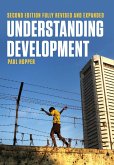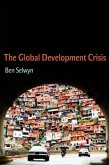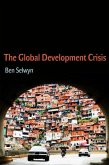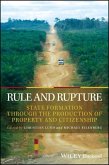In the past decade, the developed world has spent almost US$ 2 trillion on foreign aid for poorer countries. Yet 1.2 billion people still live in extreme poverty and around 2.9 billion cannot meet their basic human needs.
But should rich nations continue to help the poor? In this short book, leading global poverty analyst David Hulme explains why helping the world's neediest communities is both the right thing to do and the wise thing to do ? if rich nations want to take care of their own citizens' future welfare.
The real question is how best to provide this help. The way forward, Hulme argues, is not conventional foreign aid but trade, finance and environmental policy reform. But this must happen alongside a change in international social norms so that we all recognise the collective benefits of a poverty-free world.
Hinweis: Dieser Artikel kann nur an eine deutsche Lieferadresse ausgeliefert werden.
But should rich nations continue to help the poor? In this short book, leading global poverty analyst David Hulme explains why helping the world's neediest communities is both the right thing to do and the wise thing to do ? if rich nations want to take care of their own citizens' future welfare.
The real question is how best to provide this help. The way forward, Hulme argues, is not conventional foreign aid but trade, finance and environmental policy reform. But this must happen alongside a change in international social norms so that we all recognise the collective benefits of a poverty-free world.
Hinweis: Dieser Artikel kann nur an eine deutsche Lieferadresse ausgeliefert werden.
'David Hulme's is a passionate and personal yet professional plea for attacking poverty rather than trying to stop bodies washing ashore in the Mediterranean. We can still argue about definitions of poverty and the value of charity, but it is no longer possible in our interconnected planet to deny the self-interests of the wealthy West in addressing pandemics, narco-trafficking, climate deterioration, and terrorism. Read why things have to change.'
Thomas G. Weiss, The Graduate Center, CUNY
Thomas G. Weiss, The Graduate Center, CUNY

